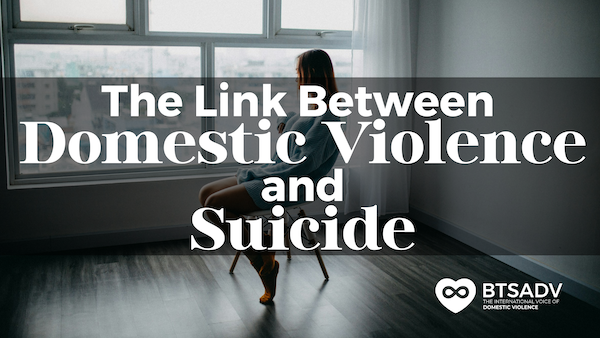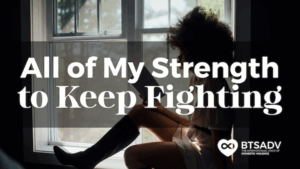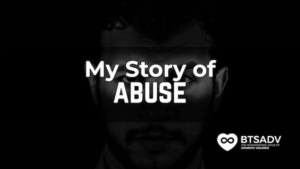By Hanna Embry
Suicide rates among survivors of domestic violence is quite high. The link between domestic violence and suicide can be easily seen when you simply look at the data.
Let’s break down how intricately connected the life of survivors is to suicidal thoughts. Not to mention suicide attempts, and suicide after DV.
Suicide Rates and Facts
According to Richard McKeon, PhD, chief of the suicide prevention branch at the U.S. Substance Abuse and Mental Health Services Administration (SAMHSA), DV and suicide go hand in hand.
The American Psychological Association quotes Dr. McKeon. They state that “Survivors of intimate partner violence are twice as likely to attempt suicide multiple times…”
Because survivors of domestic violence are more prone to mental health trauma and issues, the estimated figure is 1 in 3 survivors consider suicide, or have attempted suicide.
A Closer Look at the Data
A study from the National Library of Medicine looks closely at the rates of people who experience IPV or domestic violence and suicide and self-harm.
The paper is called: Intimate partner violence, suicidality, and self-harm: a probability sample survey of the general population in England. In it they state:
“Fully adjusted odds ratios for past-year self-harm (2·20, 95% CI 1·37–3·53) and suicidal thoughts (1·85, 1·39–2·46) were also raised in those who had ever experienced IPV.”
Meaning experiencing IPV or DV can RAISE your odds of suicidal thoughts and self-harm.
Why are Domestic Violence and Suicide So Closely Linked?
There are many reasons why domestic violence and suicide are so closely linked to one another. The psychological toll is a key element to why these two tragic issues coincide.
From feeling isolated, unloved, unworthy, and powerless, most victims of DV will have suicidal thoughts. The longer you are suffering in an abusive environment, the more devastating the psychological impacts.
Thoughts of suicide often correlate with social isolation. Abusers often will cut off their victims from their families. From their friends and loved ones. Often times exacerbating feelings of loneliness and despair. Leading to suicidal thoughts.
Suicide attempts are often times, unfortunately, called a “cry for help”. When people are in an abusive relationship, and they are isolated from everyone who loves them, this may seem like their only way to reach out for help.
Breaking The Silence for Domestic Violence and Suicide
Breaking your silence about domestic violence and suicide can literally save your life. You are not alone.
Finding a way to reach out to a professional after dealing with domestic violence can help prevent suicide attempts. Losing your loved one is never easy. But losing them after they have battled domestic violence alone can be devastating.
If you, or anyone you love has reached out to you about domestic violence and suicide, please contact the following resources immediately:
- National Domestic Violence Hotline: 1-800-799-SAFE (7233)
- National Suicide Prevention Lifeline: 1-800-273-TALK (1-800-273-8255) or #988
- The BTSADV Helpline is available every day from 8 am to 5 pm PST: 1-855-287-1777
- Call 911.
Sources:
- https://pmc.ncbi.nlm.nih.gov/articles/PMC9630147
- https://www.hcdvcc.org/suicide-domestic-violence/
- https://www.apa.org/monitor/2014/11/suicide-violence
Check These Resources:
- Therapeutic Interventions for Healing From Domestic Violence
- The Hidden Impact of Teen Dating Violence
- Find Support with BTSADV
Support Line
Other Resources and Information:



